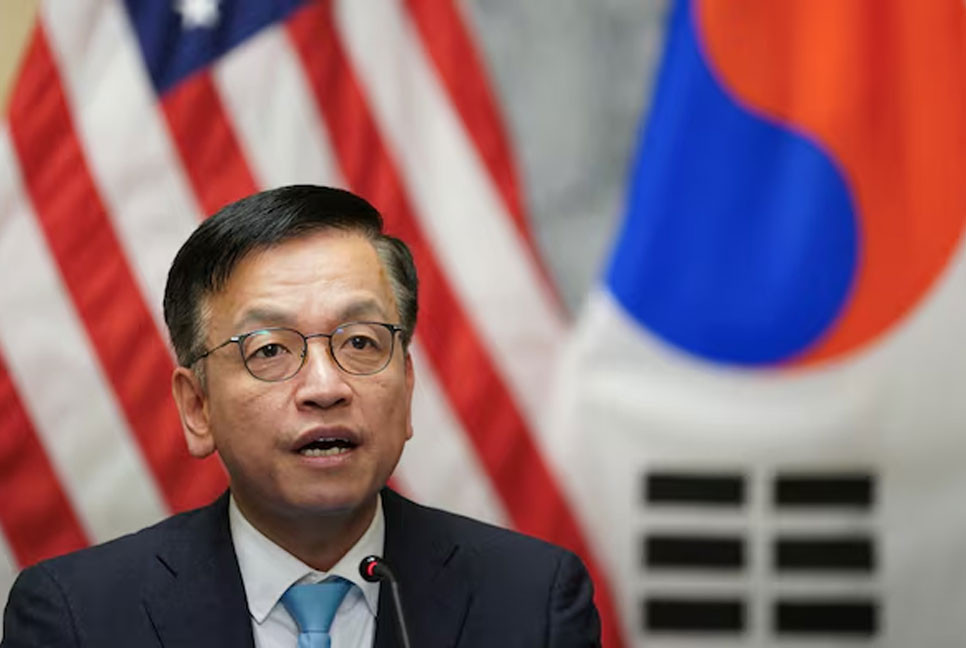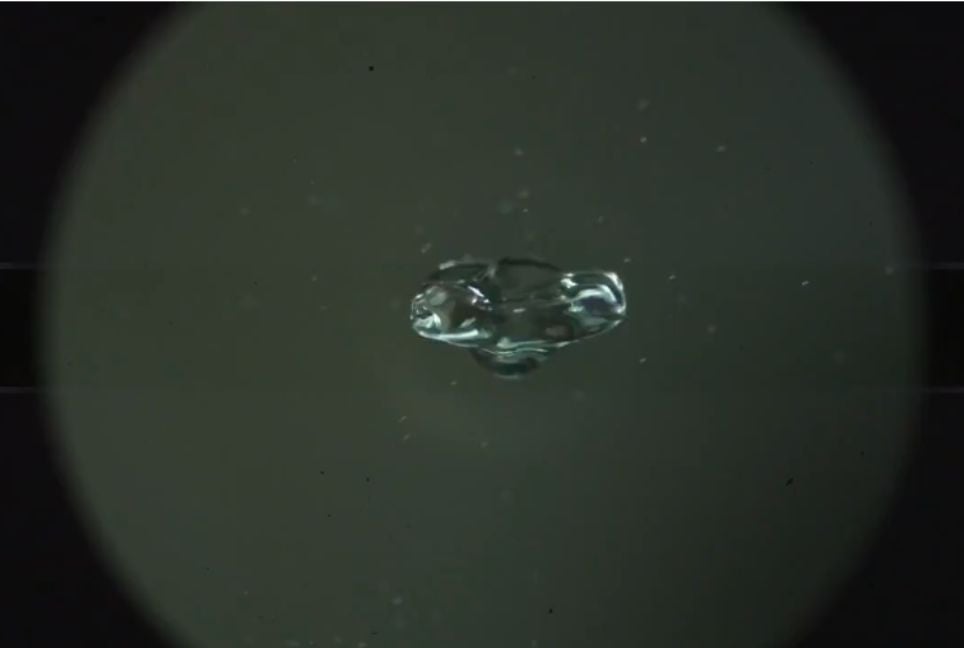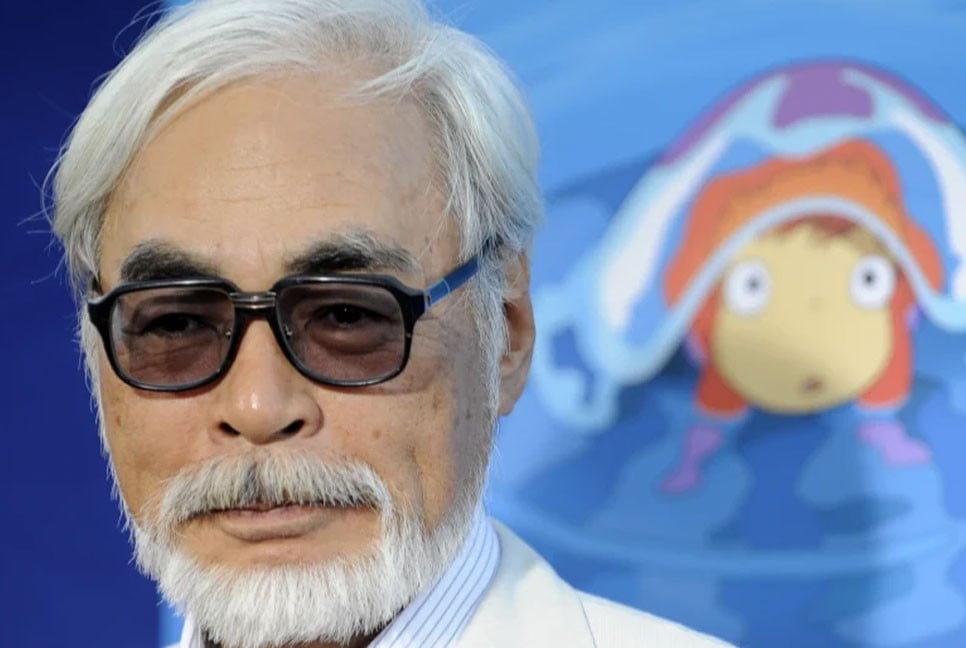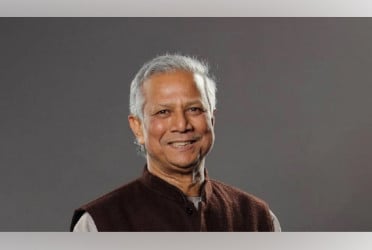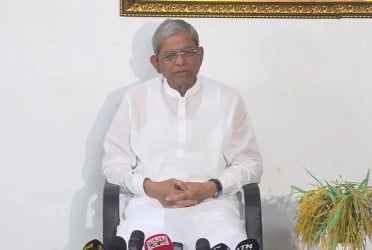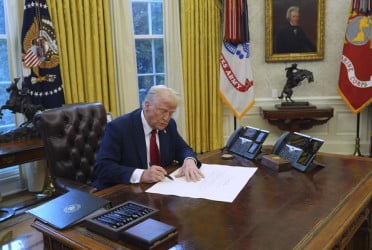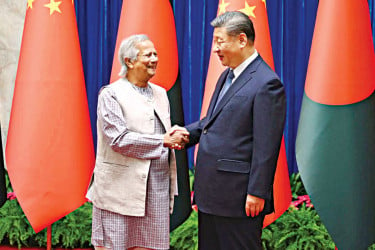South Korea has announced plans to secure 10,000 high-performance graphics processing units (GPUs) by the end of this year to advance its position in the rapidly growing global AI competition, reports Reuters.
As the global race for AI dominance intensifies, South Korea’s acting President, Choi Sang-mok, emphasized the shift from corporate rivalry to national innovation ecosystems. In a statement released on Monday, Choi outlined the government’s goal of acquiring the GPUs through public-private partnerships to ensure the timely launch of its national AI computing centre.
This move comes amid heightened regulatory action, notably from the United States, which recently introduced restrictions on the export of American AI chips and technology vital for advanced AI applications. The U.S. regulation, aimed at controlling the flow of GPUs – originally designed to accelerate graphics rendering – divides the world into various tiers. South Korea is among the 18 countries exempt from the most stringent caps, while nations like Iran, China, and Russia are completely barred from accessing these technologies.
The demand for GPUs is influenced by factors such as the complexity of the AI model, the volume of data, and the amount of time allocated for training. The South Korean government has yet to determine the specific GPU models to be acquired, but a final decision on the budget, participating companies, and selected products will be made by September 2025, according to an official from the Ministry of Science and ICT.
Nvidia, a dominant player in the global GPU market, commands around 80% of the share, with its chips being integral to the development of generative AI applications. Meanwhile, OpenAI, the creator of ChatGPT, is working to reduce its dependence on Nvidia by developing its own in-house AI chips. The company is also preparing to send its first-generation AI silicon design for fabrication to Taiwan Semiconductor Manufacturing Co.
The growing AI race has also been disrupted by Chinese startup DeepSeek, which leverages AI models focused on computational efficiency rather than raw processing power, potentially narrowing the gap between Chinese AI processors and those from leading U.S. firms.
By securing these GPUs, South Korea aims to strengthen its AI capabilities, enhancing both national innovation and its competitiveness in the global AI landscape.
Bd-pratidin English/ Jisan

